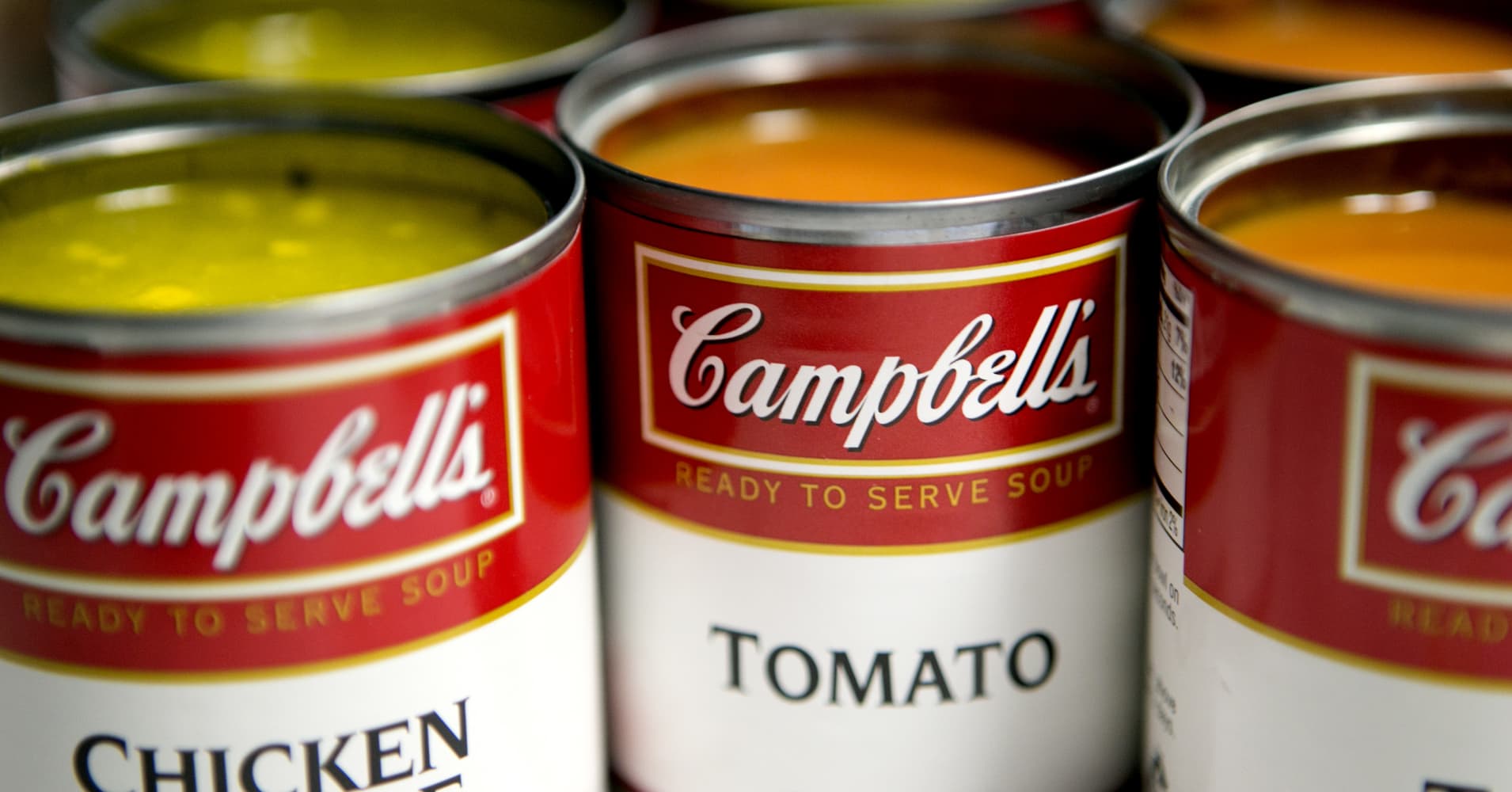
As a private company, “You can say, we’re not going overpay for acquisitions … we’re going to throw off a lot of cash because we are happy to be slow growth,” said Erik Gordon, business professor at the University of Michigan.
Campbell could use some of the cash it saves by avoiding such deals to invest in its soup business. The business is profitable, but it still needs investments, like new equipment to make its soup healthier. Condensed soup is Campbell’s past, it is not its future. Under pressure to deliver quarterly results, Campbell has put off evolving its soup business, simply countering slowing demand with higher prices. As result, its canned soup now lacks the clout with consumers to command the pricing it wants, hurting its relations with major retailers like Walmart, people familiar with the business have said.
“Soup is a great business and Campbell’s is an iconic brand,” said Anthony DiSilvestro, its chief financial officer, on the company’s quarterly earnings call in August.
“[But] the business has been over-relied upon to generate earnings and has been underinvested in. In recent years, we have pushed the business too hard on pricing and margin and we did not do enough to keep our soup products and brands relevant with consumers.”
All the while, private companies like Kind Bar and Chobani have built up multibillion-dollar, privately owned food companies, where they have been able to invest and make mistakes out of the public eye.
Candy maker Mars, another iconic U.S. food brand, has transformed itself. The company, entirely owned by the Mars family, generates roughly $35 billion in sales from its M&Ms, Snickers and pet food. It’s made bets for which public investors would unlikely to have had the patience for, like paying $9 billion for animal hospital company VCA. That deal was not a quick play for growth, but part of the long-term foothold Mars is planning across the pet industry.
Third Point, which has demanded a sale of the company, declined to comment.
Campbell Chairman Les Vinney said in a letter sent to shareholders last week that the company is “confident” in its “new strategic direction,” adding the board will “continue to seriously consider other strategic options.” Vinney reiterated Campbell’s statement that the company thoroughly evaluated the option of selling itself during a review earlier this year.
Be the first to comment